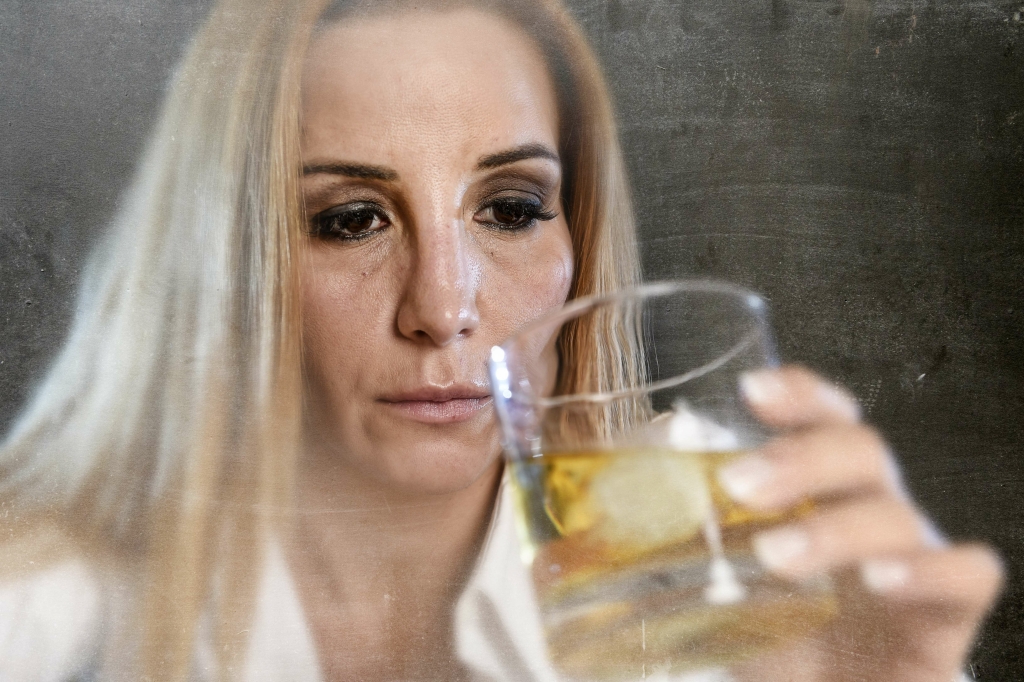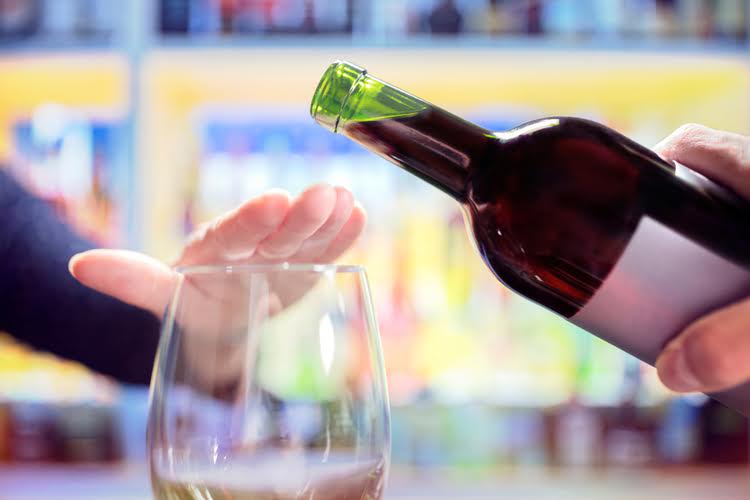Aficionados swear by their vino and describe a calm and cozy type of intoxication. People also report feeling more relaxed, but not drowsy or drained. Let’s break down the science behind these claims to shed some light on whether or not wine drunk is different or not. While being tipsy might feel pleasant and manageable, it’s essential to recognise the risks of progressing to a level of alcohol intoxication.

Factors That Affect How Drunk You Feel

As a result, your body can’t metabolize the alcohol and it causes symptoms of intoxication. In other words, you’ll Oxford House act or feel similarly to having had too much alcohol to drink without having any alcohol at all. Many people enjoy consuming alcohol in moderation for recreational purposes.
Tips for Responsible Drinking
- Simultaneously, the very structure and function of nerves within the brain will undergo significant changes, leading to physical dependence.
- It’s a rare condition where your gut converts carbohydrates and sugar into ethanol, which raises your blood alcohol level and is similar to being drunk, including the symptoms.
This can help you stay hydrated and reduce the overall amount of alcohol you consume. what does feeling drunk feel like Opt for water, soda, or other non-alcoholic options to give your body a break from alcohol and maintain a clear mind. If someone is exhibiting these signs and symptoms, it is important to seek immediate medical attention. Common symptoms of being intoxicated include loss of coordination, impaired decision-making, slurred speech, changes in emotion, and tiredness. ” Although we’ve popped the top off the theory of “wine drunk,” there may actually be a difference between a regular hangover and one you get from drinking wine. Dubowski, a leading expert on the medical aspects of alcohol use in the U.S., there are 7 main stages of alcohol intoxication.
What is the difference between tipsy and drunk?
Being drunk means the effects of alcohol are much stronger, and you may have impaired motor skills, judgment, and coordination. One of the reasons people enjoy drinking is that it boosts dopamine levels in the brain, leading to feelings of happiness and confidence. In the early stages of drinking, people may feel more social, talkative, and outgoing. Many people are curious about how alcohol affects the body, both physically and emotionally.
However, when a person begins to consume larger amounts of alcohol at a faster pace, their body’s ability to filter it out effectively is rapidly overwhelmed. This may cause them to pass through the euphoric and depressive phases rather quickly and enter into more dangerous levels of intoxication, often without realizing the severity. If this pattern of heavy, rapid drinking continues for long periods, the body will inevitably adapt to the consistently high levels of alcohol consumed. Simultaneously, the very structure and function of nerves within the brain will undergo significant changes, leading to physical dependence. Critically, the release of these endorphins and the interaction with GABA are concentrated within the brain’s reward center—the mesolimbic dopamine system. This is the very pathway implicated in addiction to all substances.
The journey of being drunk can encompass a range of experiences, from feelings of relaxation and euphoria to confusion, impaired judgment, and even loss of consciousness. Moderate intoxication occurs when a larger amount of alcohol is consumed. Physical coordination and cognitive abilities are significantly impaired. Alcohol has the ability to impact emotions and behavior, often resulting in changes in mood and personality. Initially, alcohol can induce feelings of relaxation and reduced inhibitions. However, as consumption increases, it can lead to heightened emotions, aggression, and impaired judgment.
Physical Signs of Alcoholism
The CNS controls functions such as coordination, judgment, and cognitive abilities. Making intentional choices when drinking can allow us to feel “wine drunk” with a less painful aftermath. Understanding and setting limits can help us reduce the amount of wine we drink. Eating a proper meal and staying hydrated throughout the night can also help combat the symptoms of a hangover. Knowing more about the different stages and the symptoms that accompany them can help us set limits and reduce the severity of an unpleasant aftermath. Avid wine fanatics commonly use the term “wine drunk” and swear by the unique drunk feeling they claim wine brings.

Can someone give me a detailed description of what being drunk feels like? I have a family member that has a drinking problem and I’m struggling to understand. Emerge Healing Center is committed to providing evidence-based drug and alcohol treatment with a holistic and trauma informed approach. While this is happening, the liver is working hard to eliminate this substance from our bodies, and when significant quantities have been broken down, the effects die down. People who spend a lot of energy controlling their impulses drink in order to let themselves go.
